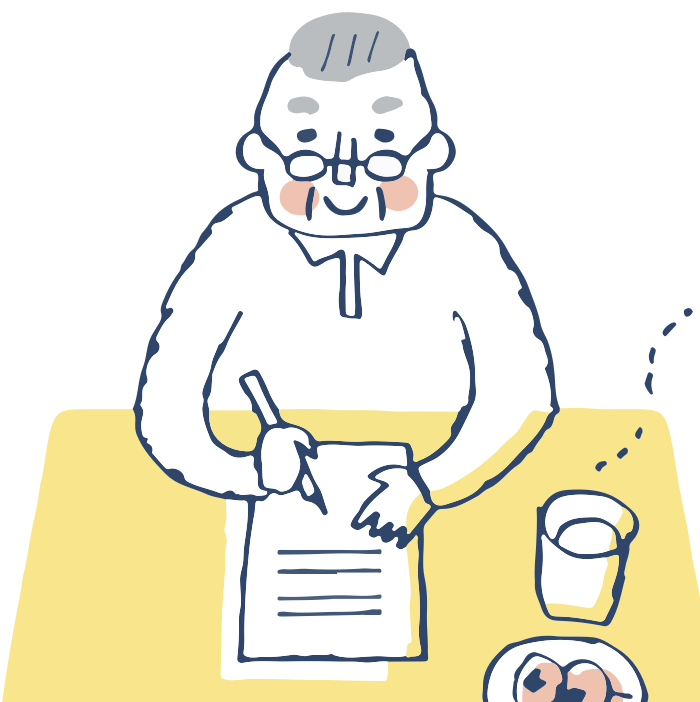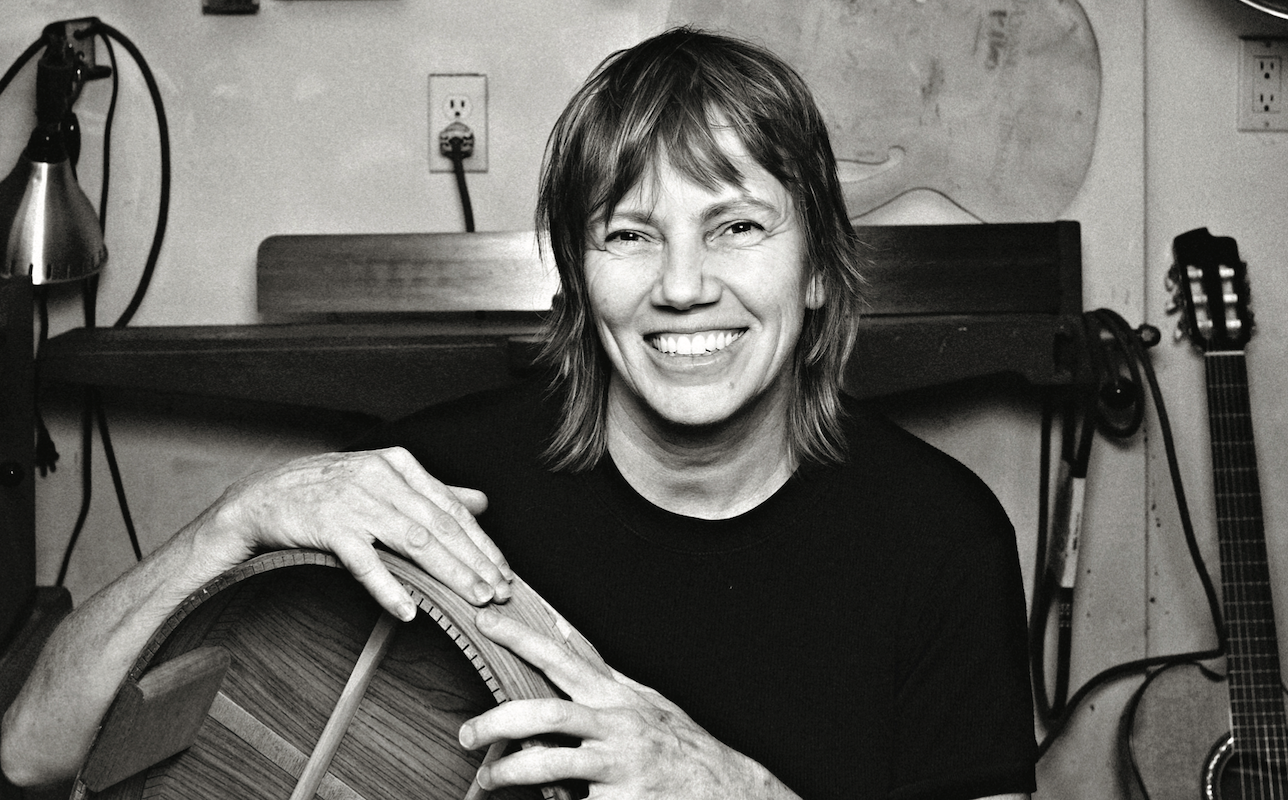By Olev Edur
My father recently made me, his only child, a joint owner of his bank account, but he also has an investment account in his own name only and refuses to write a will or create a power of attorney. What happens to those investments when he passes on?
Since your father has placed his bank account into joint ownership, it will revert to you directly and immediately when he passes, without having to go into his estate and be subjected to probate. However, because he won’t create a will, he’ll be deemed under the Intestate Succession Act in your home province of Nova Scotia to have died intestate, and all his other assets—not just the investment account but also any personal effects such as his furniture, electronics, and car—will be placed in the hands of a public trustee, who will disburse them according to government rules.
As you’re his only heir, those other assets will eventually come to you, but the probate process can be time-consuming, and there are fees involved. For a sizable estate in Nova Scotia, the probate and administrative fees could be considerable. In addition, the trustee may make decisions regarding the disposition of investments that may not be to your liking, such as selling at the bottom of a market cycle just to get the file closed.
The bottom line is that the processing of your father’s estate could be delayed and the costs will eat into what you eventually receive. You should therefore impress upon your father that not having a will is the equivalent of giving free money to the government. Perhaps you could make it easy for him by typing up a simple one yourself (so-called “holograph” wills are now accepted in Nova Scotia), so that all he has to do is sign it in front of two witnesses. The will could be as simple as a single sentence stating that your father wishes that everything be left to you, his only child.
Failing that, perhaps you could convince your father to at least place the investment account into joint ownership. That would help to minimize the fees that will be applied to the estate, since those are generally based on the estate’s total value.






